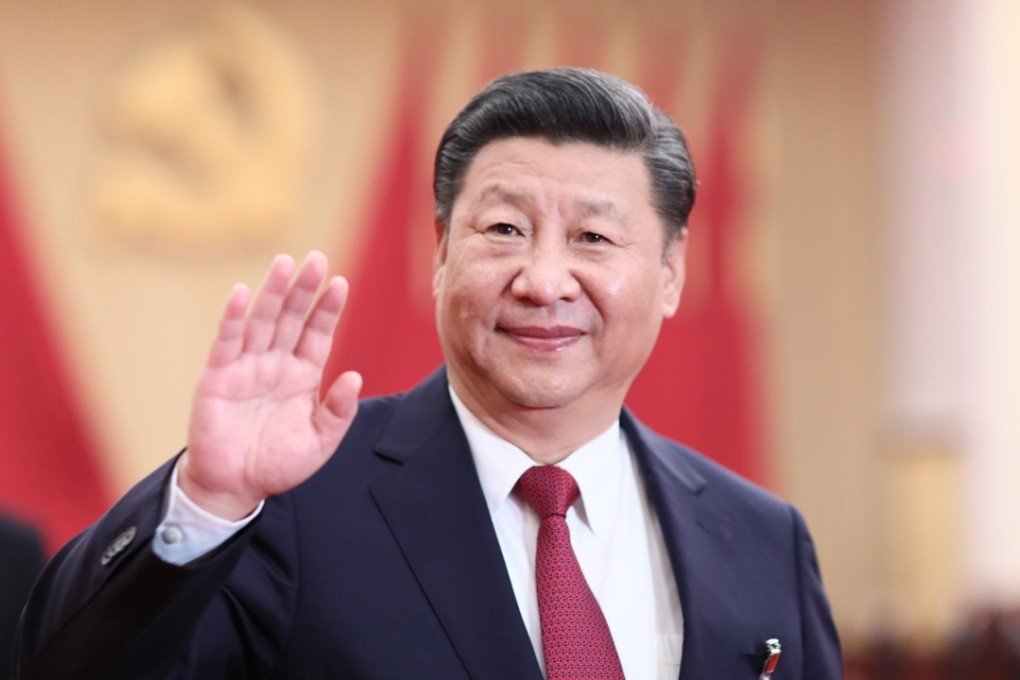Have Chinese missed the takeaway from Xi Jinping’s environmental message?
The Chinese president has put ‘ecological civilisation’ at the centre of his plans for reform, but the message may have been lost beneath a heap of takeaway food containers that is growing by 60 million a day

Sara Wong, a 20-something from rural Hunan province, China, sits upstairs in a smoky Shenzhen iced-tea shop, lamenting not only the state of the environment – but the dearth of authentic discussion over what should be done about it. She has little time for many of the self-professed environmental campaigners who have cropped up in China over recent years, singling out in particular a local group that had been planning an “environmental awareness flashmob” dance. She says most such groups operate more like social clubs and lack understanding of the real issues. “They just want to dance,” Wong says. “Everyone is talking about houses, cars, how to get more money, how to get real estate. No one is really talking about how to protect the environment. In my circles, I don’t hear much.”
For campaigners like Wong, that silence is increasingly a cause for concern. China, they point out, is sat on seemingly ever-growing levels of garbage – a state of affairs only added to by the mushrooming of the fast food delivery industry over the past five years. In 2012, the annual growth rate of solid waste was around 3 per cent; by 2015 it had jumped to 7 per cent. In 2016 in Beijing, residential waste increased 10 per cent over the year before; in Guangzhou the figure was 16 per cent. More than 60 million plastic takeaway containers are thrown out every day in China.

Despite such disturbing statistics, people like Wong are relatively few and far between. Wong became an “environmentalist and a minimalist” a couple of years back after an American friend shared two documentaries with her – Earthlings and Food Factory – making her rethink her consumption habits.
She became a vegetarian for eight months, but found it too difficult socially – friends stopped inviting her to dinner – and as a consumer she found it hard to research how to balance her diet as a vegetarian to get proper nutrition.
“I just use Baidu, I don’t use a VPN to search Google, and from my research I can’t get very helpful information,” Wong says.
Still, Wong makes a conscious decision to cut down on the amount of waste she produces, trying not to order takeaways too often, and limiting what she buys online. Among her contemporaries, this is unusual. “My roommate might order out three times a day. She doesn’t think anything of it.”
